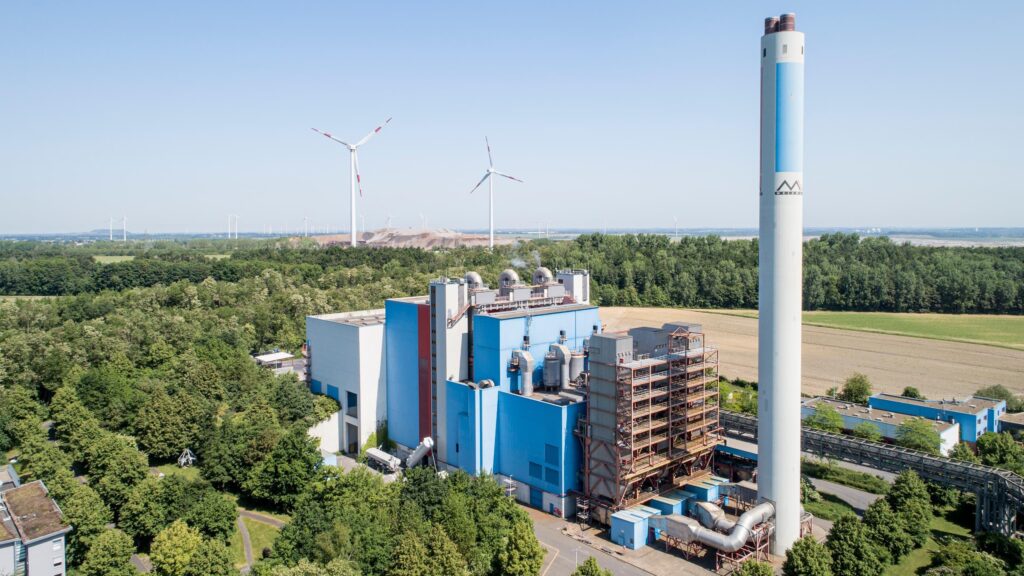Sharad Pawar Calls for Unified Front Among MVA Partners Ahead of Maharashtra Civic Elections
In a decisive move to bolster their influence in Maharashtra’s local governance, Nationalist Congress Party (NCP) leader Sharad Pawar has urged the Maharashtra Vikas Aghadi (MVA) alliance to adopt a cohesive strategy for the upcoming civic elections. Addressing the media, Pawar stressed that unity among coalition members—the NCP, Shiv Sena (Uddhav Balasaheb Thackeray faction), and Congress—is essential to effectively counter opposition forces and make a substantial impact on municipal administration. His appeal comes at a pivotal moment as Maharashtra prepares for elections that could significantly alter its political dynamics.
Strengthening Coalition Bonds: The Key to Electoral Success
Pawar highlighted that presenting a united front is critical for the MVA’s electoral prospects. He pointed out that collaboration between parties like NCP, Shiv Sena (UBT), and Congress can consolidate their voter base while addressing pressing urban issues more efficiently. Drawing from recent election outcomes where fragmented alliances weakened opposition efforts, he emphasized coordinated action as indispensable.
To operationalize this vision of solidarity, Pawar proposed several strategic measures:
- Strategic Candidate Allocation: Parties should coordinate candidate nominations to avoid internal competition and maximize vote share.
- Joint Public Engagements: Organizing combined rallies and community meetings will demonstrate alliance strength and foster voter confidence.
- A Unified Policy Agenda: Developing an inclusive manifesto focused on urban development priorities such as infrastructure modernization, healthcare accessibility, employment generation, and environmental sustainability.
This approach aims not only at galvanizing grassroots support but also at mounting an effective challenge against dominant political rivals in key municipalities across Maharashtra.
The Power of Collaborative Campaigning: Insights from Sharad Pawar
Pawar recently underscored how synchronized campaigning amplifies political visibility while enabling leaders to address constituents’ concerns more directly. He advocated for enhanced communication channels among local party units within the MVA framework so they can collectively identify priority issues impacting citizens’ daily lives—ranging from improving public transport systems to expanding primary healthcare facilities.
The coalition’s focus areas include:
- Sustainable infrastructure projects tailored to urban needs
- Strengthening public health networks amid ongoing pandemic challenges
- Cultivating job opportunities through skill development programs aligned with emerging industries
- Pursuing green initiatives aimed at reducing pollution levels in metropolitan centers like Mumbai and Pune
This unified campaign methodology is expected to enhance voter outreach effectiveness by ensuring consistent messaging across constituencies while fostering trust through tangible policy commitments.
Tactical Recommendations for Enhancing Alliance Coordination
Acknowledging potential friction points within multi-party coalitions, experts suggest instituting regular coordination meetings designed for transparent dialogue about campaign strategies and resource sharing. Such forums would enable partners to align objectives clearly while resolving disputes amicably before they escalate during election season.
- Create Centralized Communication Platforms: Implement digital hubs where updates regarding candidate selection processes or event schedules are promptly shared among all stakeholders.
(Example: Utilizing secure apps or intranet portals customized for coalition use.) - Cultivate Joint Campaign Initiatives: Develop collaborative outreach programs reflecting shared values—such as neighborhood cleanliness drives or youth empowerment workshops—to build community rapport beyond traditional rallies.
(For instance: Coordinated “Green City” campaigns promoting tree planting across municipal wards.) - Organize Team-Building Activities: Facilitate informal gatherings or retreats aimed at strengthening interpersonal relationships between party cadres which can translate into smoother cooperation during high-pressure electoral phases.
(Example: Inter-party sports tournaments or cultural events.)
| Feedback Area | Review Frequency | Responsible Entity |
|---|---|---|
| Effectiveness of Internal Communication Channels | Monthly | Coalition Secretary Office |
| Performance Metrics of Joint Campaigns | Quarterly td > tdstyle= ” padding :8 px ;” >Campaign Management Team < / td > < / tr > < tr > tdstyle= ” padding :8 px ;” >Partner Satisfaction & Conflict Resolution Mechanisms |
